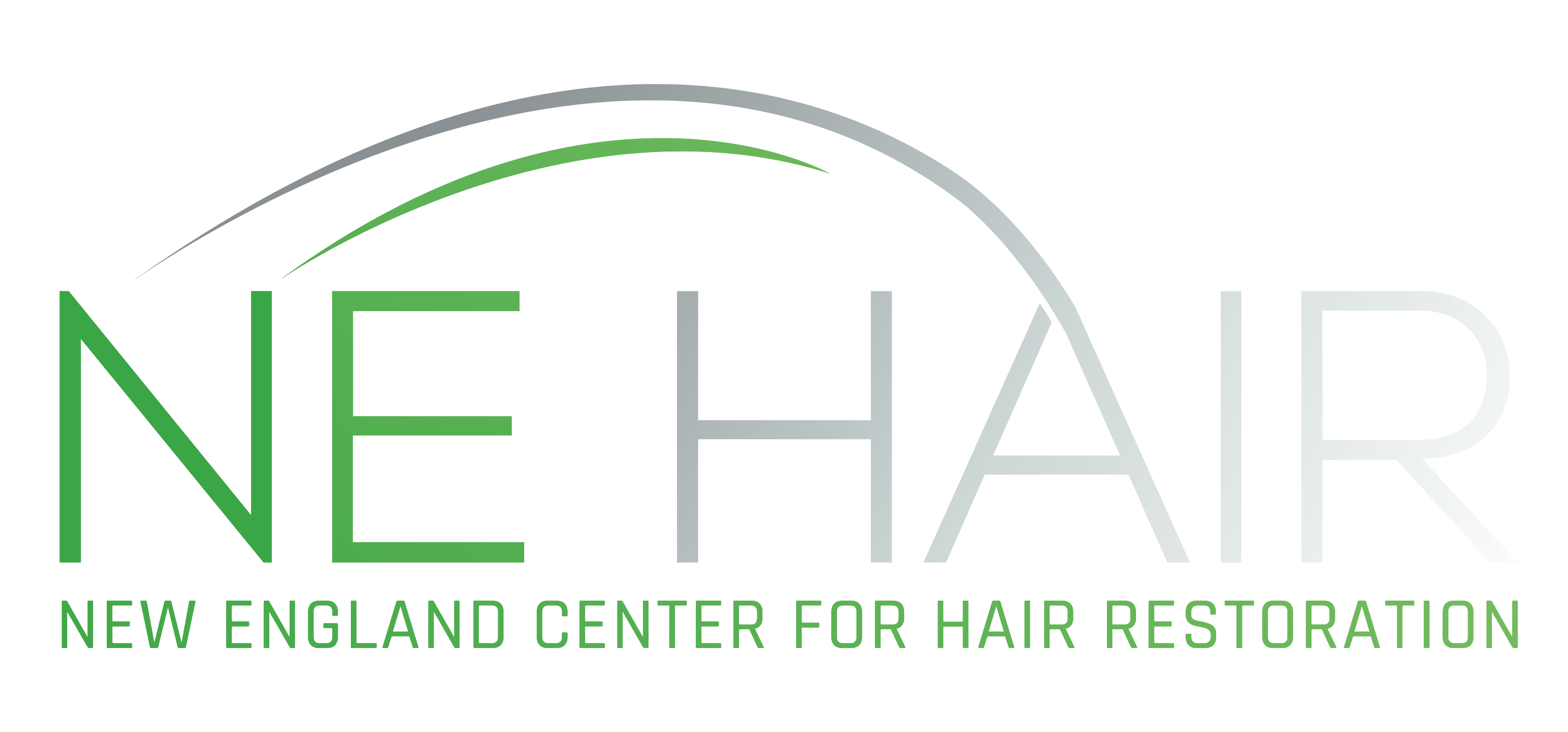The team at the New England Center for Hair Restoration has helped people in and around Boston have the full and healthy head of hair that they have always wanted. This means reversing the effects of hair loss and hair thinning as well as correcting previous surgeries through hair restoration revision.
Bad hair restoration results can occur for many reasons. One of these is poor planning. With that in mind, let’s consider how poor planning leads to poor results.
Planning Is Always Key for Success
When it comes to any surgical procedure, proper planning and surgical technique are keys to success. This is especially important for hair restoration surgery. If a hair restoration specialist does not take care in planning a treatment, it can lead to poor results.
How Poor Planning Can Lead to Bad Hair Restoration Results
There are many different ways that poor planning can lead to poor results in hair restoration procedures.
- One example involves poor planning of the shape of the hairline. In these cases, a hair restoration specialist may not create a hairline that is natural looking in terms of overall shape. There may also be issues with the overall density of the hairline due to poor planning. Whatever the case may be, these planning issues will lead to cosmetic results that are less than satisfactory.
- Poor planning also means problems with where to get donor grafts to improve the appearance of the hairline. This might result in issues with scar tissue, or it may mean getting donor hair in a part of the scalp that is not ideal for hair restoration.
- Finally, poor planning could also mean not providing patients with the information they need for the post-operative process. In these cases, hair restorations specialists aren’t giving their patients the information they need to avoid serious complications and adverse side effects. This could result in major cosmetic and health issues.
Is Revision Surgery Possible?
In many cases yes. Hair restoration specialists can help correct problems caused by previous hair restoration procedures. These revision surgeries can help treat problems with poor hairline shape/design, issues with hair density, and problems with scar tissue.
Tailoring Your Revision Surgery to Your Needs
Each hair restoration revision takes a number of different considerations into mind. A hair restoration specialist assesses the nature of a patient’s problems and then carefully determines the right approach to correct the mistakes or limitations of a previous procedure. This might include splitting grafts and placing them again to adjust hair density, removing or adding grafts to change the hairline, and various procedures to treat scarring and visible marks.
A Consultation Is Necessary for Proper Care
As you can imagine, it’s important that people seeking revision hair restoration visit a specialist for a consultation. This will allow them to have hair restoration issues evaluated. The hair surgeon can then discuss options for treatment that can be helpful for improving hair density and overall appearance, noting all of the risks and benefits to consider.
Learn More About Revision Hair Restoration Surgery
To learn more about hair restoration revision and how it can help you achieve a better overall appearance in the process, be sure to contact our team of hair restoration specialists today. The team at the New England Center for Hair Restoration will work closely with you to achieve the best possible results.






